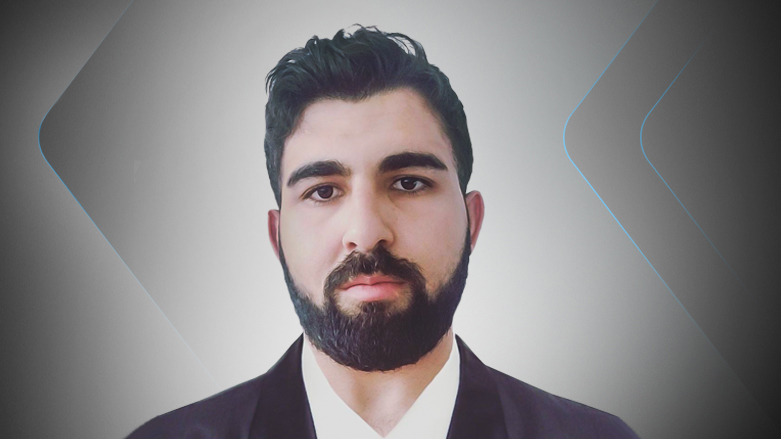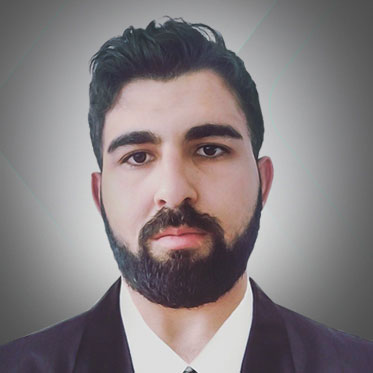Unshackling the Kurdish mind

There is no subject that Kurdish people are more actively moved by than that of independence. The recent upheavals after the Sep. 25, 2017, plebiscite has led such passion to resurface in a major way. Kurds often demand independence but fail to realize the importance of freeing their minds. Subconsciously, Kurdish institution of culture and politics are the greatest agents of Kurdish oppression. What the oppressor seeks to do is already being done by Kurds, and they are not even aware of it. While Kurds dream of an independent state and squabble about territory and demarcating borders, they should stop and think about the lack of borders in their mind that must be drawn and safeguarded if an independent Kurdistan is to come to fruition.
Let us imagine a scenario where an independent Kurdistan did exist. What would distinguish it from its neighbors? An immediate response may be its language, culture, or history. As valid as this argument is, it is a very minimalistic vision of what it means to be Kurdish. It is highly unlikely that Kurds can preserve their identity and flourish if they seek their aspirations with such a basic and simplistic foundation for their identity. There must first be a demarcation of the mind in all spheres of culture such as literature, cinema, music, architecture, and television. Such cultural spheres are crucial for developing a nation’s consciousness and unique identity. Only then can being Kurdish truly acquire a distinctive quality and be set on a path to a Kurdish reawakening or renaissance.
The Kurdistan Region, which is the most autonomous Kurdish region of all parts of the Greater Kurdistan, is a prime example of this self-inflicted assimilation. This is quite evident if one examines the direction of Kurdish music, cinema, media, and TV programming. The most shocking is the media and how it consciously or subconsciously reinforces and promotes the cultural imperialism of the states that occupy Kurdistan with its dubbed Arabic, Turkish, and Farsi dramas which in no way explore or reflect the reality of Kurds and Kurdistan. Such programming not only serves to exacerbate the supremacy of the culture and identity of these nations, and the inferiority of Kurdish identity, but also shapes the Kurdish mind in ways that keep it confined to the prison bars of the oppressive and artificial consciousness constructed by the oppressor to downplay the legitimacy of Kurdish identity and interests.
In order to reshape the Kurdish mind for liberty and greatness, Kurds of all stripes and professions must initiate a Kurdish renaissance that uniquely defines “Kurdishness” in all realms of culture and identity. In other words, it must be both a grassroots effort and a government initiative especially by the Kurdistan Regional Government’s (KRG) cultural ministry. This is paramount for achieving originality and authenticity which are the crux of what makes nations unique from one another. The need to be distinctive, however, is not an attempt to divide but to tap into a nation’s creativity and ingenuity.
Let us imagine another scenario at the micro level. There are two brothers. One of them has exceeded all expectations and is known for his unique thinking and accomplishments. His young brother wants to mimic his greatness and ideas. The question is: would the younger brother have more to offer the world if he pursues a path that is more original and authentically himself or one that mirrors his brother’s path? I think it is fair to assume that most people would argue the latter rather than the later.
The Kurds should heed the logic of the scenario above and recognize the need to be original—a consciousness of what it means to be Kurdish is crucial. All political, media, and cultural institutions must consciously plan and labor tirelessly for such an objective. This would not only break the mental shackles placed upon the Kurdish psyche but also benefit the Kurds by allowing them to tap into their full potential as a people. The late leader of the Black Consciousness movement of South Africa, Steve Biko, once said, “The most potent weapon in the hands of the oppressor is the mind of the oppressed.” Likewise, the most potent weapon in the hands of the oppressed is a conscious mind that is independent of the oppressor. As long as the mind of the oppressed remains sovereign, liberation and independence remain a strong possibility.
Halmat Palani is an English teacher and political science graduate from Simon Fraser University in Vancouver, Canada.
The views expressed in this article are those of the author and do not necessarily reflect the position of Kurdistan 24.
Editing by Karzan Sulaivany
